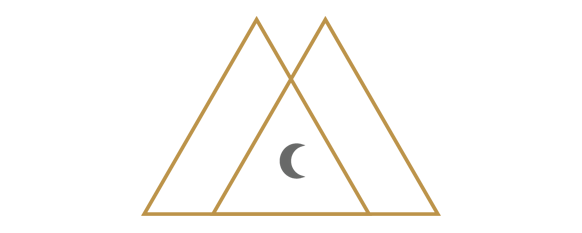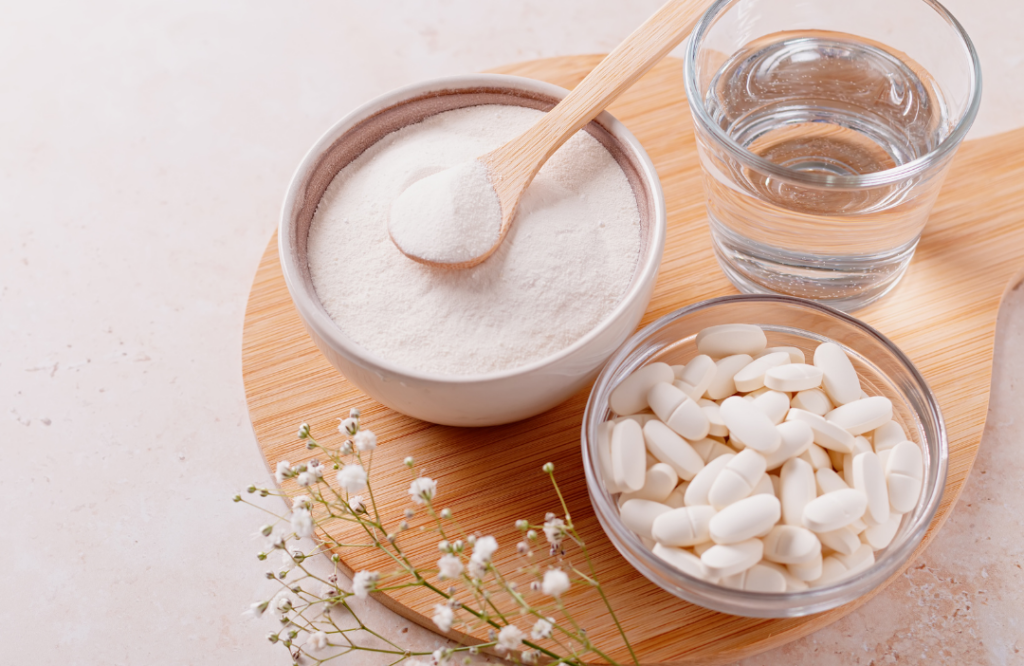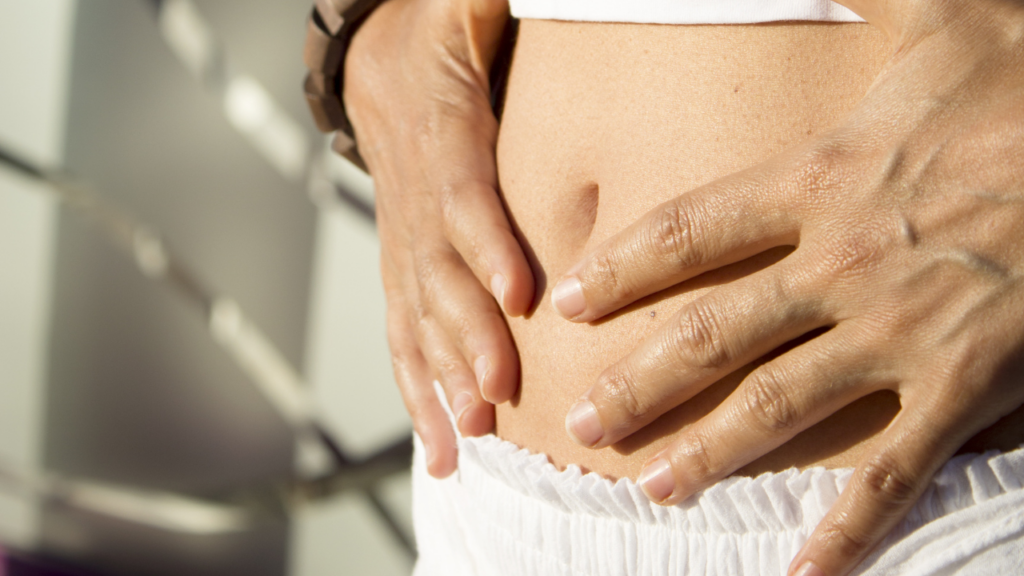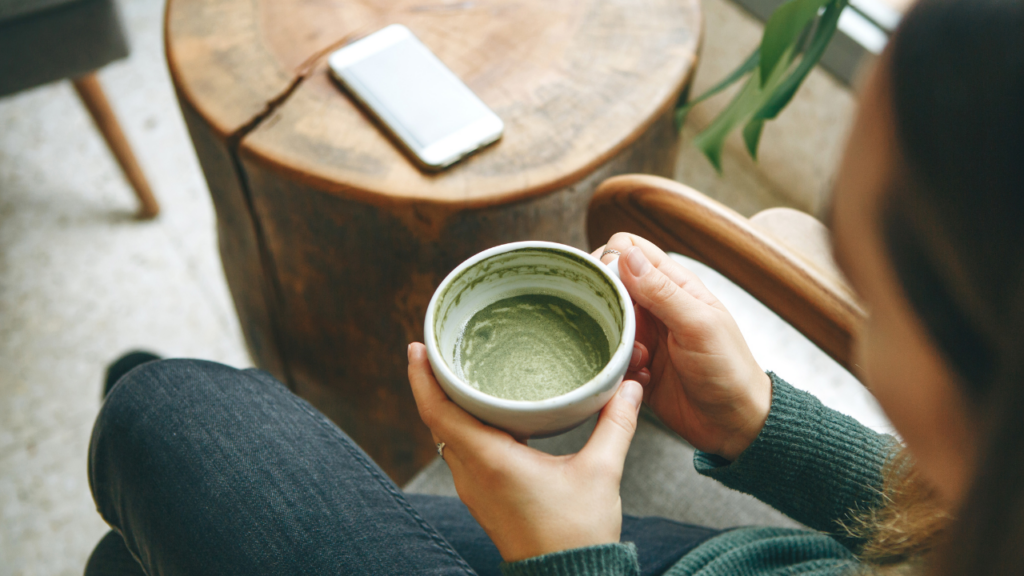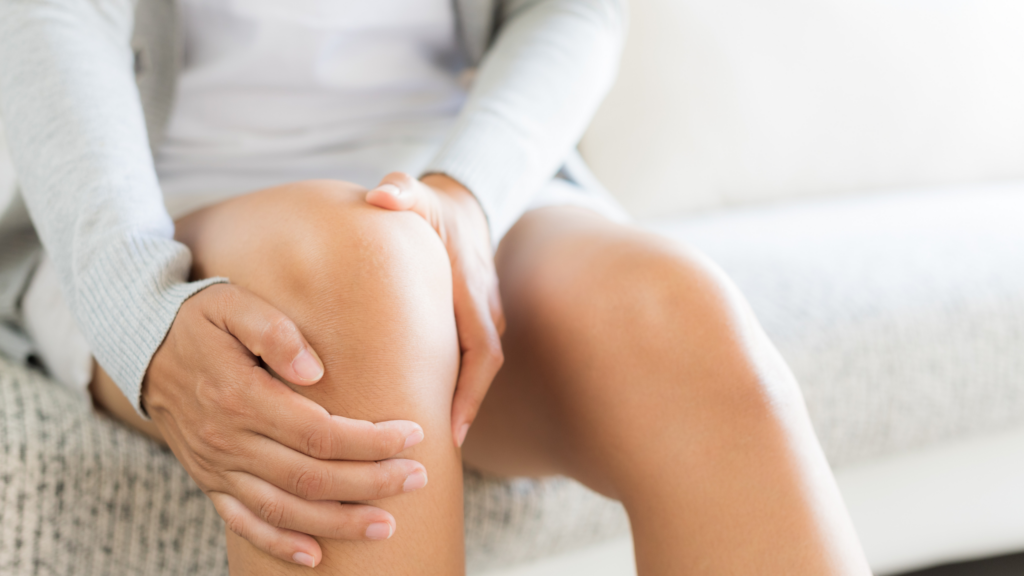Headache? Put Down the Ibuprofen
Published on March 20, 2016 by Dr. Caitlin Gordon
Acupuncture for Headaches is the Safer Option
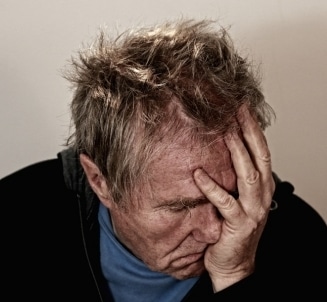 Headaches can be triggered by a slew of things, but regardless of the cause, most of us either wait them out or take an Ibuprofen. There’s a better way! Acupuncture for headaches reduces the risks associated with conventional treatment. Let’s start with why drugs like ibuprofen (Advil), naproxen (Aleve), and acetaminophen (Tylenol, Excedrin) aren’t as innocent or safe as they might seem.
Headaches can be triggered by a slew of things, but regardless of the cause, most of us either wait them out or take an Ibuprofen. There’s a better way! Acupuncture for headaches reduces the risks associated with conventional treatment. Let’s start with why drugs like ibuprofen (Advil), naproxen (Aleve), and acetaminophen (Tylenol, Excedrin) aren’t as innocent or safe as they might seem.
There are other options for treating a headache!
Answer these four questions before you resort to popping pills:
1. Do you need to eat?
Low blood sugar will cause a headache. Most people need to eat something every 3-4 hours, even if you don’t feel hungry, in order to keep blood sugar stable. When blood sugar levels dip, your adrenals release epinephrine. This puts your body into fight or flight mode, and you may notice you feel anxious. Over time, this leads to adrenal fatigue and kidney qi “chee” deficiency. Other signs of low blood sugar include fatigue, brain fog, shakiness, light-headedness, and irritability. Hangry (hungry and angry) is just a catchy term for hypoglycemia (low blood sugar)!
Next time you get a headache, eat a snack that has both fat, carbs, and protein. Something like a banana and almond butter is perfect. Eat within an hour of waking up, and throughout the day at regular intervals to avoid headaches.
2. Do you need to drink?
Dehydration causes the brain to pull away from the skull which triggers pain receptors and headaches. Dehydration also lowers blood volume, reducing the amount of oxygen reaching the brain. If you feel a headache coming on, try drinking 1-2 glasses of lukewarm water. Coconut water with natural electrolytes may be especially effective. Other signs of dehydration include urine that looks yellow (your pee should look like diluted lemonade with proper hydration), dry lips, dry eyes, and constipation. Caffeine, alcohol, and exercise all greatly increase your need for water, as does a high protein diet. As a result, caffeine, alcohol, and exercise can trigger headaches if you aren’t properly hydrated.
3. Do you need to move more?
In Traditional Chinese Medicine (TCM), there is a common type of headache called a qi “chee” stagnation headache. It means there’s stuck energy creating pain. Imagine a pipe that gets clogged with debris and the water pressure builds up behind the blockage. Ouch! That blockage needs to be cleared away to allow the smooth flow of water (or qi) again. Physical movement helps move stuck qi, and can relieve these types of headaches. If you tend to get a headache at the end of your work day, or after long periods of sitting, try to spend 30 minutes getting your heart rate up. I’m amazed when going for a 30-minute hike takes care of that afternoon behind-the-eyes headache I sometimes get after staring at a computer screen. I never feel like going, but it always works! For more info on qi stagnation, read Feeling Stuck? How to get your boogie back.
4. Do you need to move less?
Another common type of headache is due to qi or blood deficiency. In TCM, this is often related to overwork, lack of sleep, or poor diet. If you’re feeling run down and burn out, you need some more yin activities in your life. Yin activities are slow, quiet, often in dark or water, and feel nourishing. If you get a headache after exercising, first thing in the morning, or have a low-grade constant headache, it will likely respond best to rest. Take time for a bath, a nap, going to bed early, or meditating. You may be able to take a pill and push through, but if your body is telling you to slow it down, you should listen! We live in a culture of go-go-go and adrenal fatigue is a real medical condition. You don’t want to push to the point where you can’t bounce back.
Acupuncture for Headaches
Acupuncture is an effective treatment for both headaches and migraines. If you aren’t sure what type of headaches you are getting, schedule an appointment and we can figure it out together. Oftentimes, a Traditional Chinese Medicine diagnosis gives you far more insight than what western medicine can offer for headaches. You’ll find out what other symptoms might be related and what future health issues could come up for you. This way, you can start making preventative changes now. Here are some studies on acupuncture for headaches:
- Acupuncture Relieves Headaches and Migraines
- Acupuncture Relieves Migraines
- Acupuncture Better than Aspirin for Chronic Headache
Curious about trying acupuncture for headaches? Check out this video demonstrating how you can use an acupuncture point (with pressure) at home or work to relieve your headache pain…
The contents of this site, including text, graphics, images, and other material are for informational purposes only. Nothing contained in this site is or should be considered or used as a substitute for professional medical or mental health advice, diagnosis, or treatment. Please schedule an appointment for personalized health advice.
